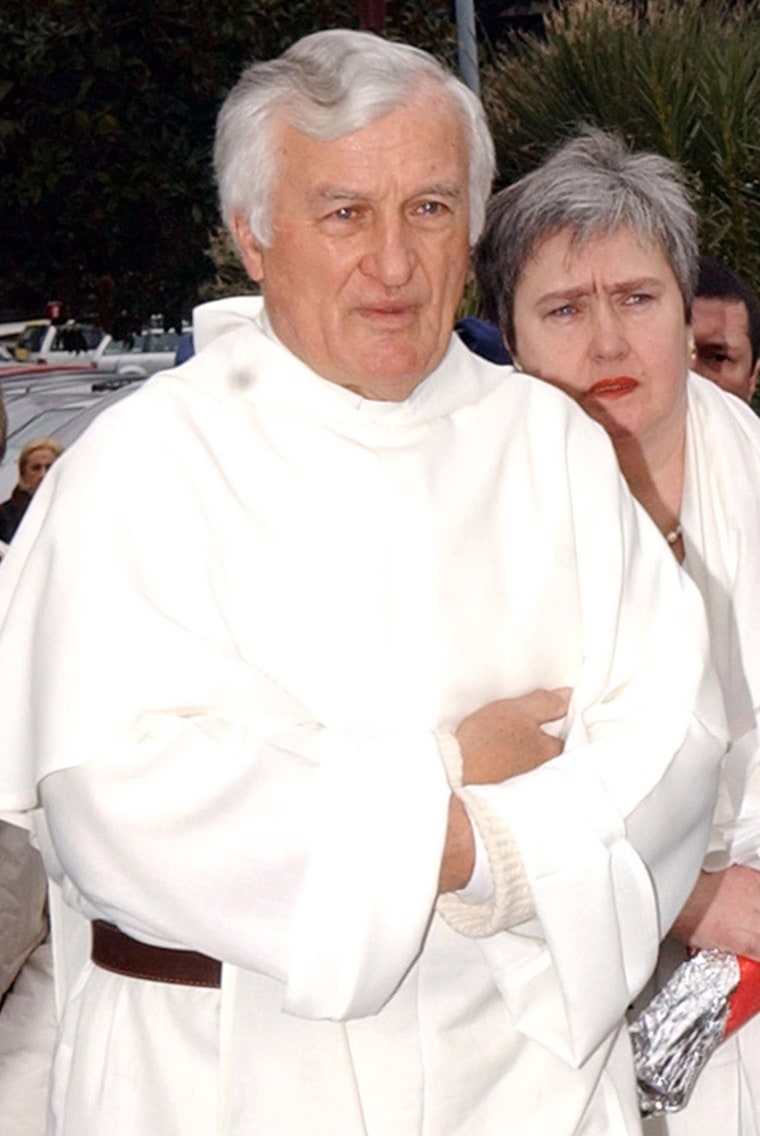The priest in charge of caring for Polish pilgrims at the Vatican collaborated with the communist secret police in the 1980s during the reign of Polish native Pope John Paul II, an official said Wednesday.
An investigation into communist-era persecution of the Roman Catholic church in Poland turned up documents showing that the Rev. Konrad Stanislaw Hejmo, a Dominican, “was a secret collaborator of the Polish secret services under the names of Hejnal and Dominik,” said Leon Kieres, head of the state-run National Remembrance Institute that investigated Nazi and communist crimes in Poland.
Hejmo’s Dominican superior, the Rev. Maciej Zieba, said he saw the files, which he termed “convincing and shocking.”
Andrzej Paczkowski, a historian at the institute, said the files contain about 700 pages and cover the years through the 1980s.
Hejmo, who was close to John Paul’s entourage but not part of his inner circle, could not immediately be reached for comment. The Vatican said it had no comment.
But church officials warned against passing a hasty judgment.
“We are still not sure of the type of the cooperation, whether he was simply talking about the Holy Father with the secret services or was actually providing secret information on him,” Bishop Tadeusz Pieronek told The Associated Press. “If he was providing information, than this would be a very sad truth.”
John Paul inspired resistance to Poland’s communist rule and is credited by many with helping bring about its collapse in 1989.
'Painful' news
Earlier this month, Kieres said he recognized the taped voice of a clergyman who was secretly telling agents of Poland’s communist secret services about John Paul. He said the news would have been “painful” to John Paul, who died April 2.
The release of communist-era information has roiled Poland recently after the leak of an index to files in the custody of the institute.
That list, which was posted on the Internet, caused controversy and confusion because it lists both people who informed and people who were spied on without distinguishing them.
Accusation of collaborations are a serious matter in Poland, where having cooperated with the Soviet-backed communist government is considered shameful by many.
Hejmo is very popular among Polish pilgrims, who flocked to the Vatican after John Paul’s election to the Holy See in October 1978.
In 1998, the former East German spy chief said his agency had planted a mole in the Vatican. Ex-Stasi chief Markus Wolf told Italian television that the mole, a German Benedictine monk who worked in the science offices, supplied information on Vatican foreign policy.
